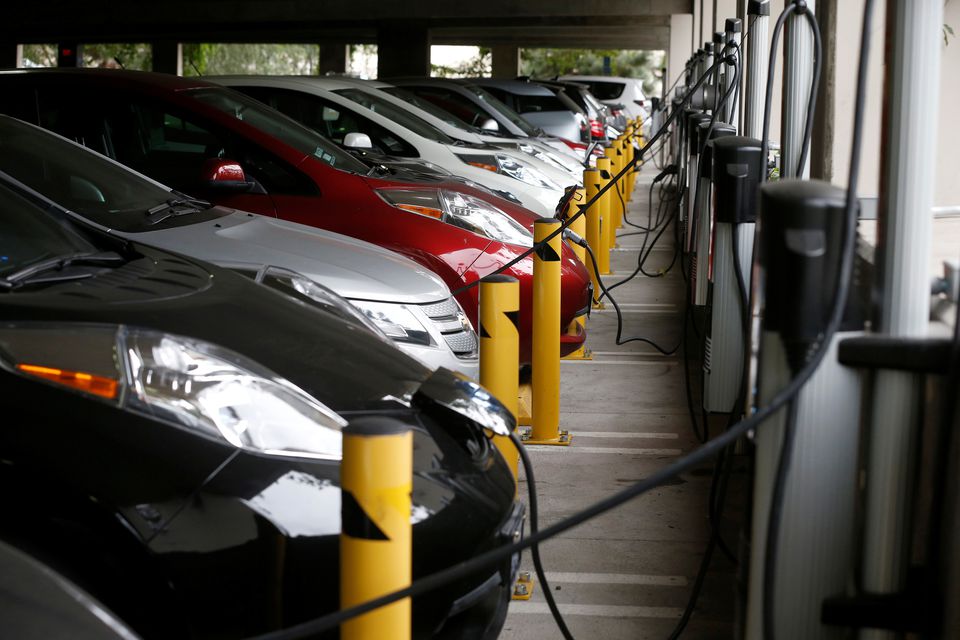BANGKOK, Feb 22 (Reuters) – Thailand’s cabinet on Tuesday approved tax incentives to promote a shift to electric vehicles (EVs), and to attract “high potential” foreigners to help boost the economy, the finance minister said.
The vehicle tax measures include reducing import duty this year and next by as much as 40% for completely built EVs priced up to 2 million baht ($61,805), and by 20% for those priced between 2 million and 7 million baht.
Also approved was the slashing of income tax rates sharply from 35% to 17% for skilled foreign professionals in targeted industries or economic zones, under a previously announced plan to draw a million wealthy foreigners, including pensioners.
Thailand is a major regional automaker and typically produces about 2 million regular vehicles per year, for firms that include Toyota (7203.T), Honda (7267.T) and Mitsubishi (7211.T).
Eligible car manufacturers will also receive subsidies of between 70,000 baht and 150,000 baht for each EV and 18,000 baht for electric motorcycles, Arkhom said.
The plan to lure foreigners deemed high value seeks to add 1 trillion baht ($31 billion) to domestic spending, boost investment by 800 billion baht and increase tax revenue by 270 billion baht over a five-year period.
($1 = 32.36 baht)











